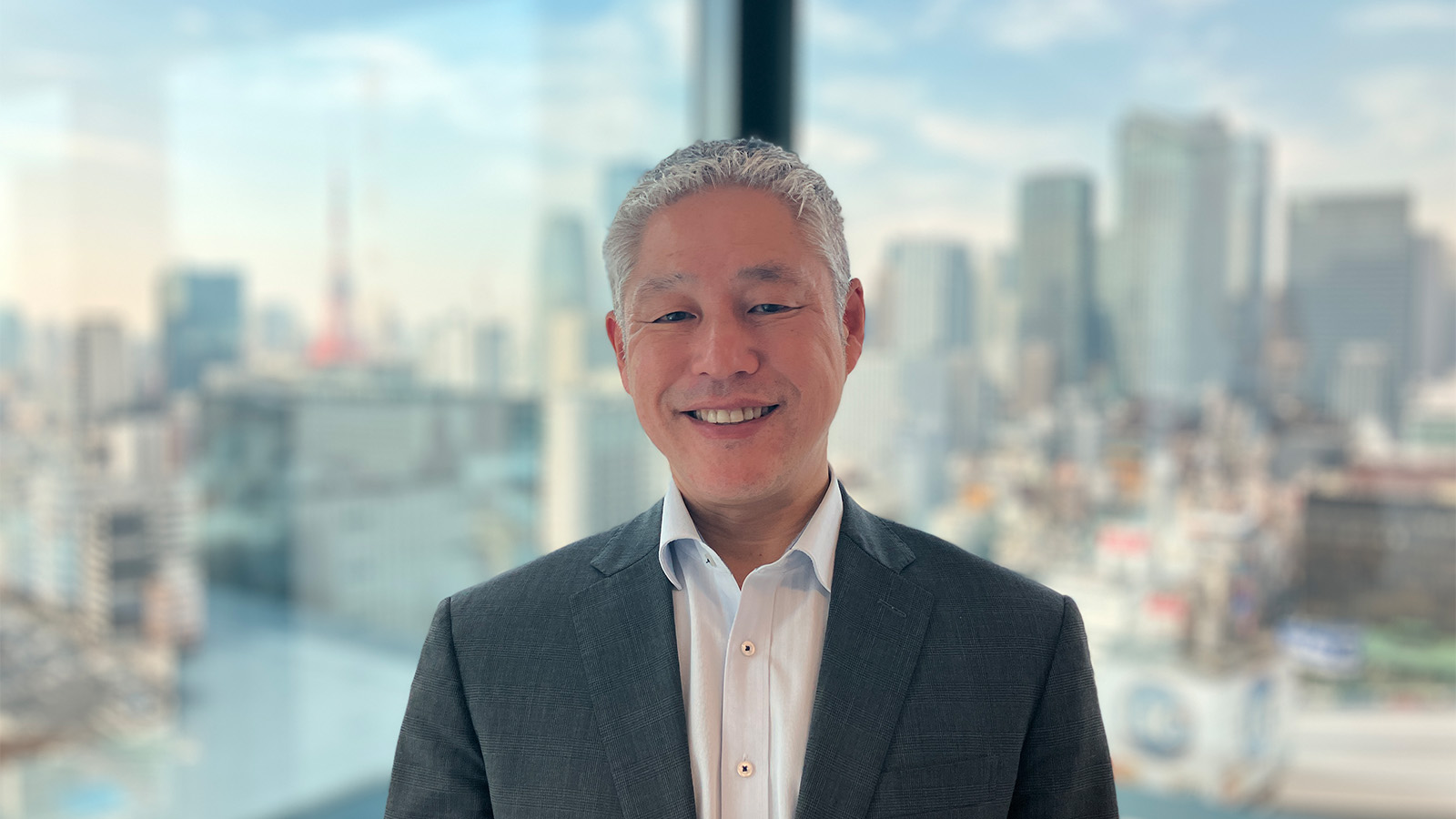- Partnerships
- Milestones
Shunsuke Mitsudome, Senior Director, Pearson VUE Japan
Japan is contending with major shifts in the workforce. As well as having one of the most rapidly aging populations in the world, birthrates are sharply decreasing. According to the latest Health Ministry data, our population of more than 125 million is projected to fall by about 30% — to 87 million by 2070 — with four out of every 10 people aged 65 years or older. Subsequently, many employers face significant challenges, with skills shortages an issue across a range of industries. According to an estimate by the Japan International Cooperation Agency1, we will need 6.88 million foreign workers in 2040 to meet our growth targets.

Shunsuke Mitsudome,
Senior Director, Pearson VUE Japan
Stepping up with Specified Skilled Workers
The government has been consistently stepping up efforts in this space, with a strategic initiative to attract skilled professionals — the ‘’Specified Skilled Worker’’ (SSW) program. The ‘’Specified Skilled Worker Visa,’’ introduced in 2019, is a residence status designed for foreign workers engaged in jobs that require a considerable level of knowledge or experience in disciplines falling under ‘’Specific Industry Fields.’’
During my time with Pearson VUE, I’ve seen first-hand how maintaining trust in the skills and expertise of professionals across a broad range of technical fields requires robust and reliable assessments. And, over the last few months, our team has been working hard to launch two new computer-based programs for the Japan Building Maintenance Association (JBMA) and Nippon Kaiji Kyokai (ClassNK). We look forward to providing more opportunities to many more people across key industries through computer-based testing.
We are honored to be contributing to this prestigious national SSW program — aligning talent from outside Japan with technical skills shortages in our country. As we have developed and grown our business in Japan over the last 25 years, certification has provided a clear and structured pathway for thousands of people to succeed in their specialist field (or even upskill in a new technical discipline). Continuing to increase access to high-quality assessments will be key to reaching the government’s latest target of 820,000 Specified Skilled Workers over the next five years — as well as fulfilling job positions in major industries facing shortages for the long term.
Unlocking opportunities through transferable skills
First, to thrive in Japan, international workers require the convenience and flexibility of testing in their country of origin, followed by a well-defined professional framework, and ongoing support from their prospective employer. Being part of a global company — one that delivers close to 21 million exams annually — we recognize the importance of supporting people from all over the world in developing transferable skills. Collaboration is integral to delivering our government’s mission — driving long-term growth across industries and helping people unlock new opportunities in life. These are strategic priorities for our country and are at the heart of Pearson VUE’s business — both in Japan and all around the world.
Some key insights about the Specified Skilled Workers (SSW) program:
Which industries are included? The SSW program focuses on industries facing severe labor shortages, such as healthcare, construction, agriculture, manufacturing, and more. Pearson VUE is delivering the following programs:
Pearson VUE expands its role in Japan’s Specified Skilled Worker program through new partnership with Nippon Kaiji Kyokai (ClassNK)
Pearson VUE addressing technical skills shortage in Japan with delivery of Specified Skilled Worker (SSW) assessment for Japan Building Maintenance Association (JBMA)
Who can apply for a SSW visa? Depending on the type of SSW visa, the minimum age for applicants is 18 years of age. They must have considerable knowledge or experience in the field they choose to work in and be from one of the countries participating in the SSW Memorandum of Cooperation (SSWMOC).
How long is the SSW visa valid for? There are two types of Specified Skilled Worker (SSW) visas: the SSW (i) visa, with up to 5 years residence in Japan, and the SSW (ii) visa, which can be renewed, with no limit on how long the individual resides in Japan.
How do professionals find somewhere to live? The company will provide the worker with accommodation or someone from the company will serve as a guarantor for a place of residence.
What are professionals paid? The program ensures that foreign workers receive fair wages and working conditions — equivalent to those of Japanese workers in the same roles.
Do professionals have to be fluent in Japanese? Workers must demonstrate proficiency to work in their industry by passing a Japanese language test.
